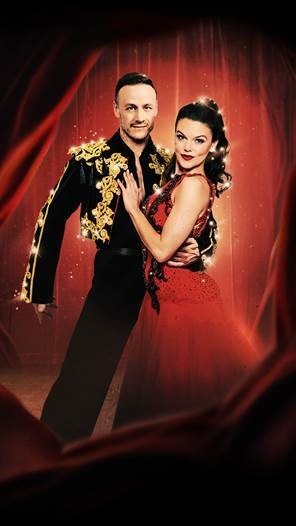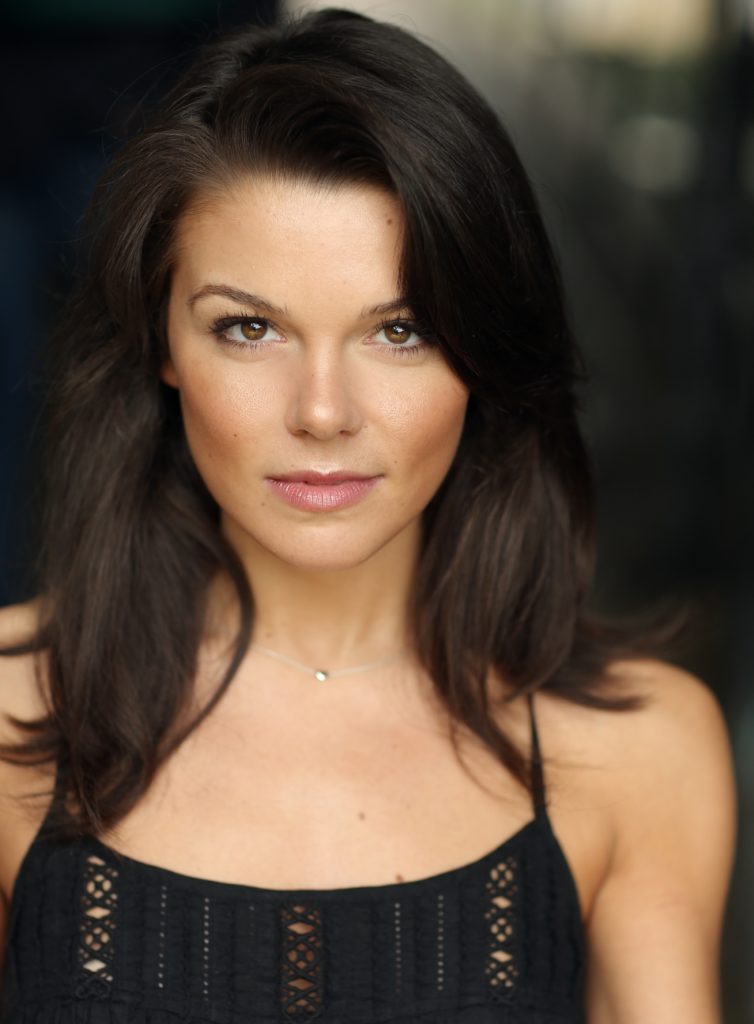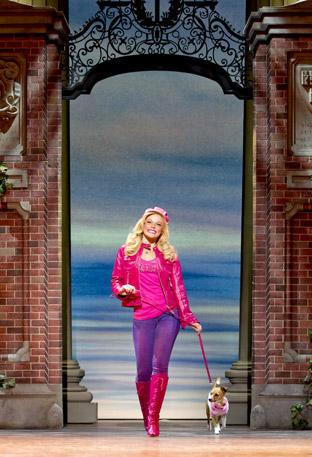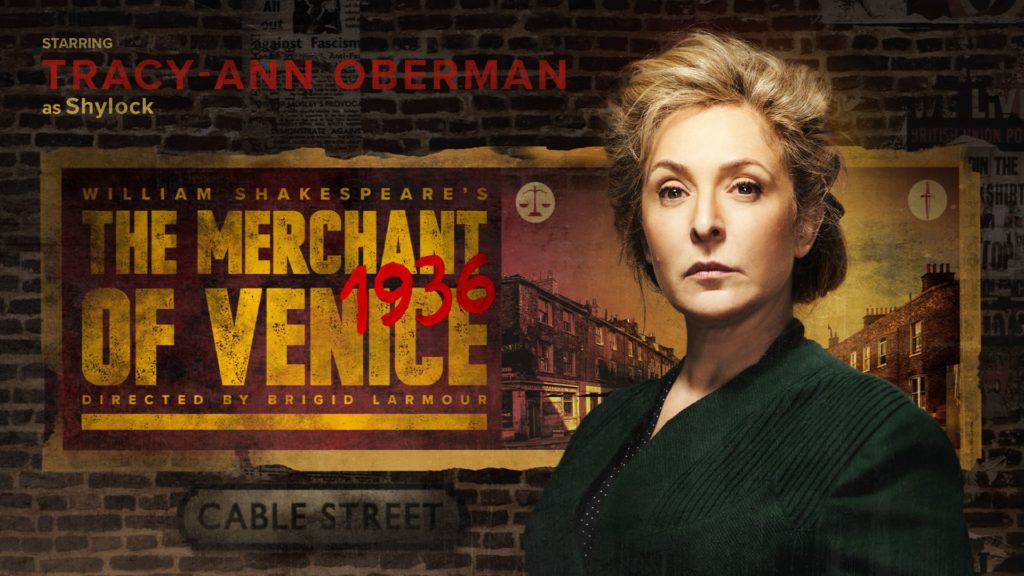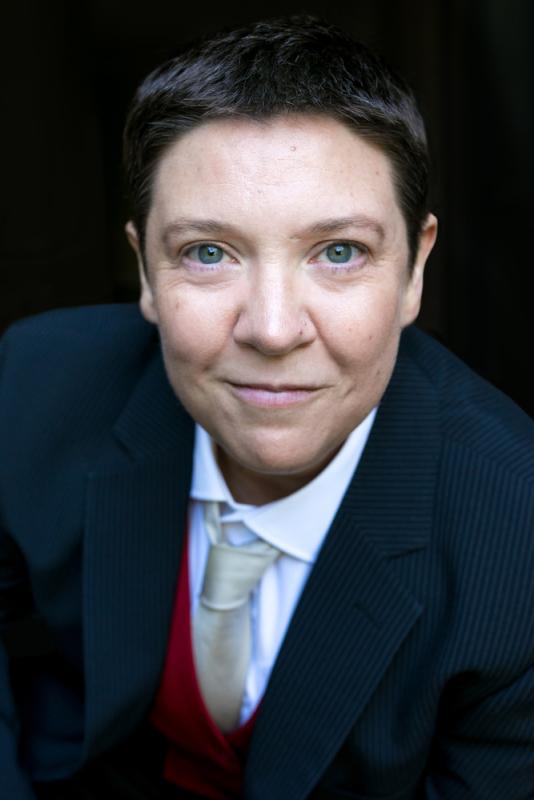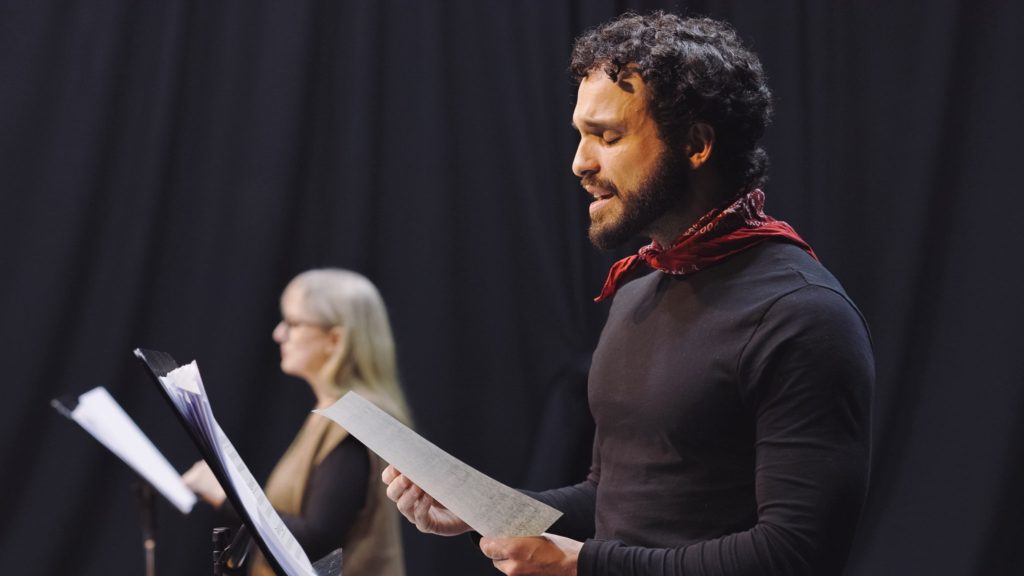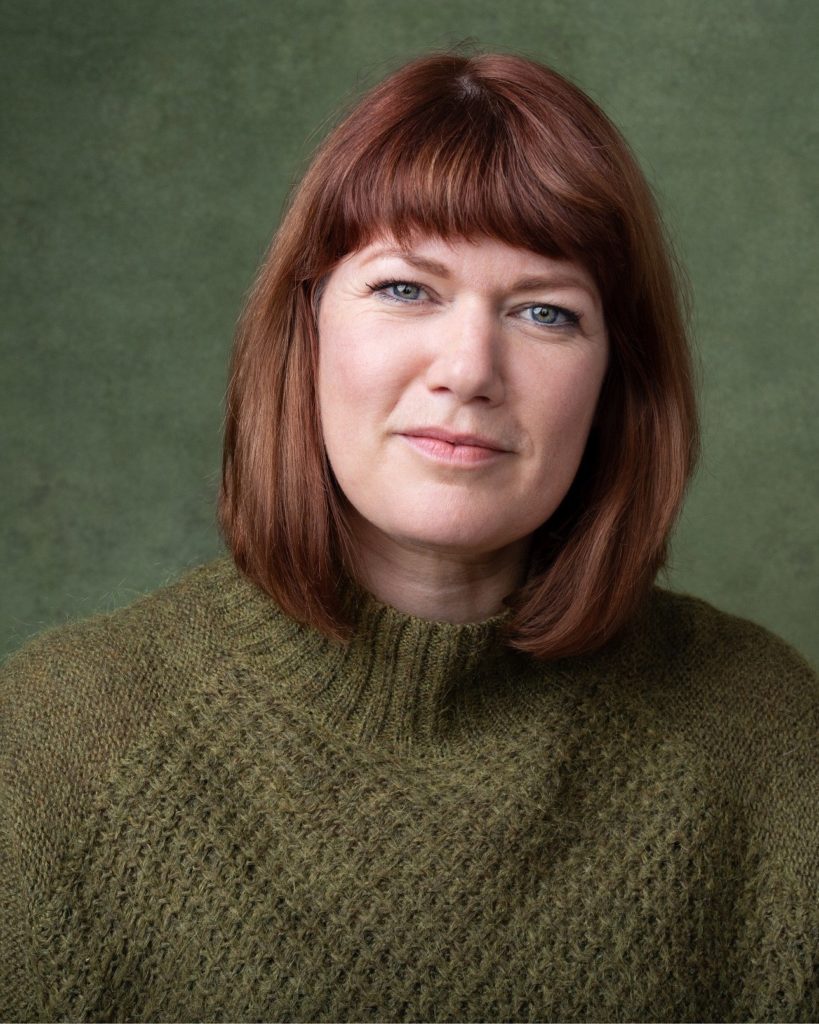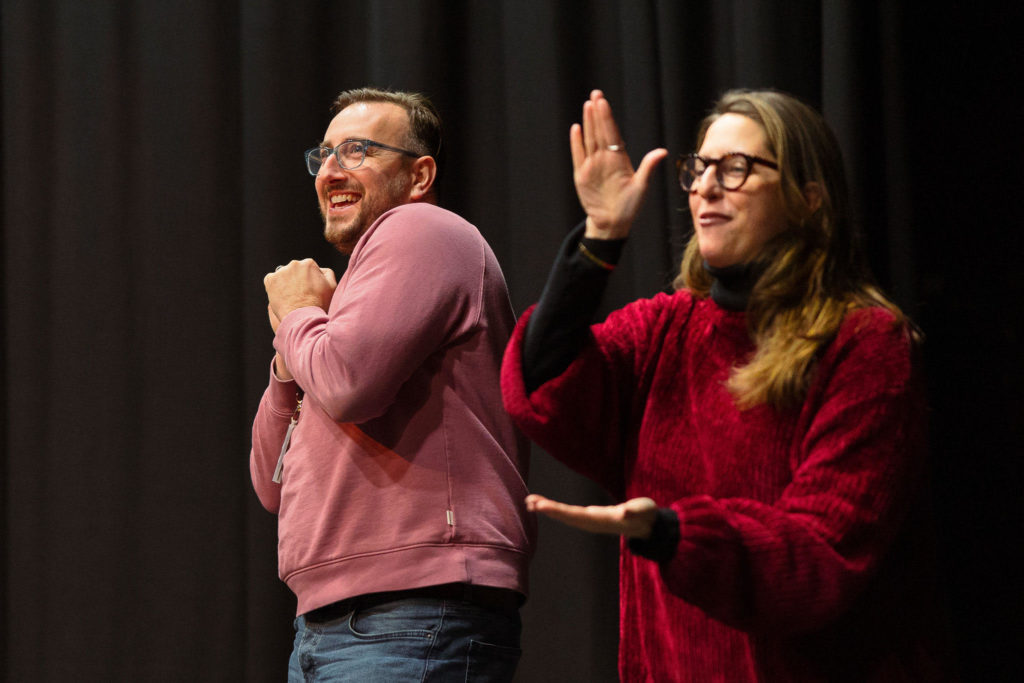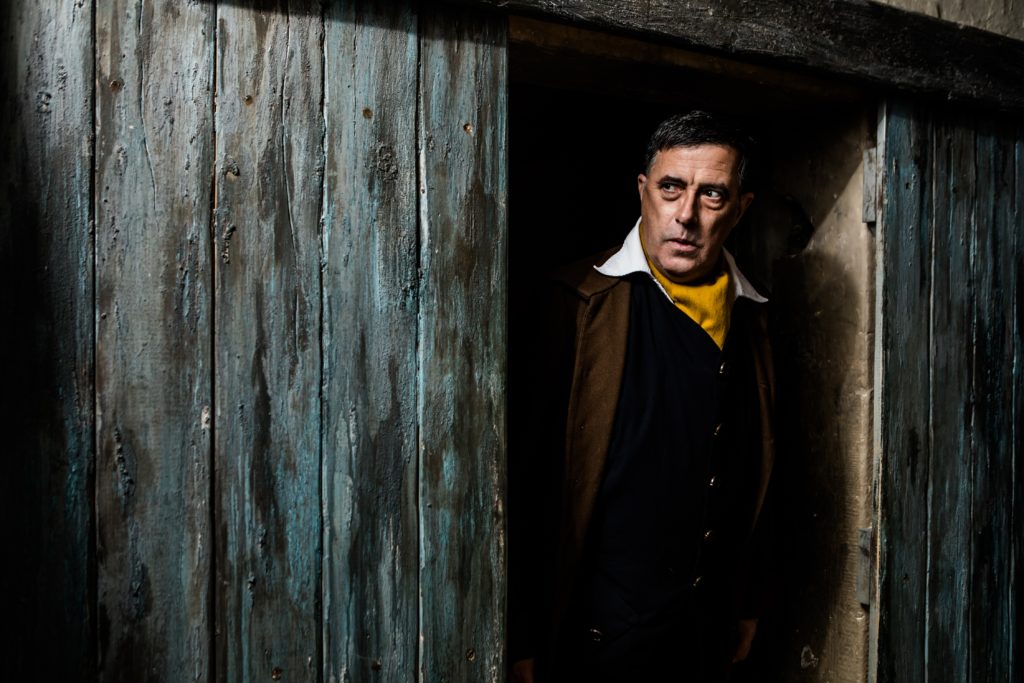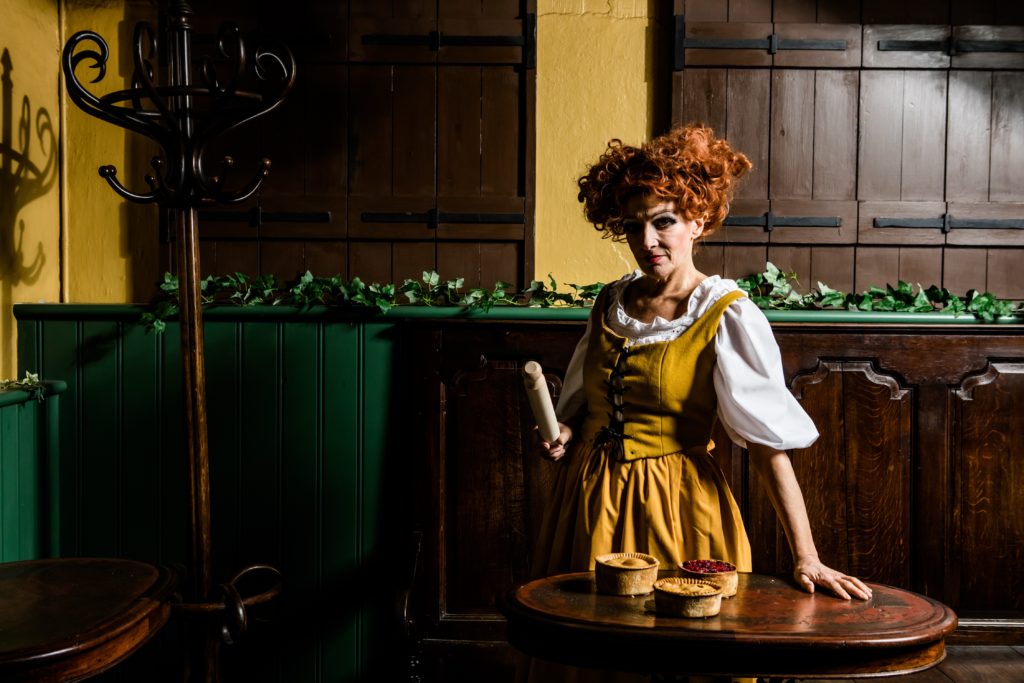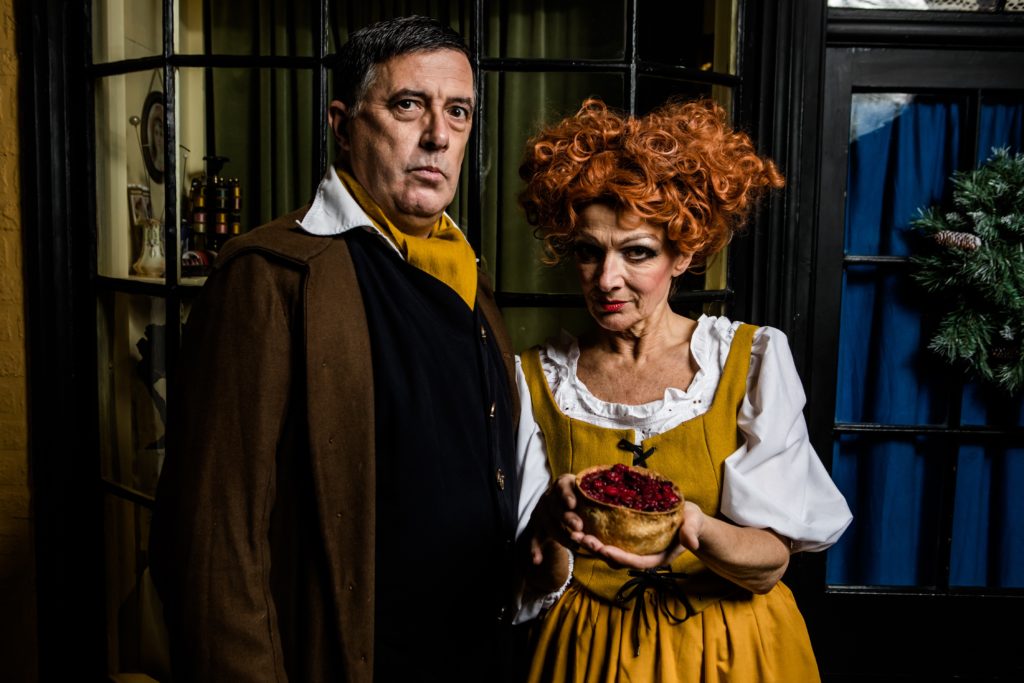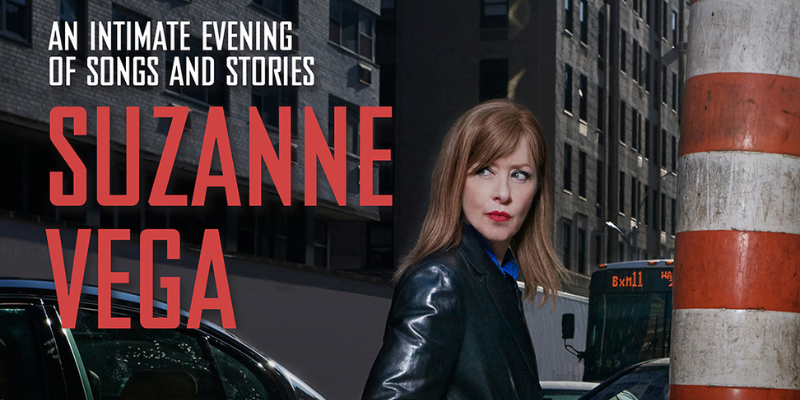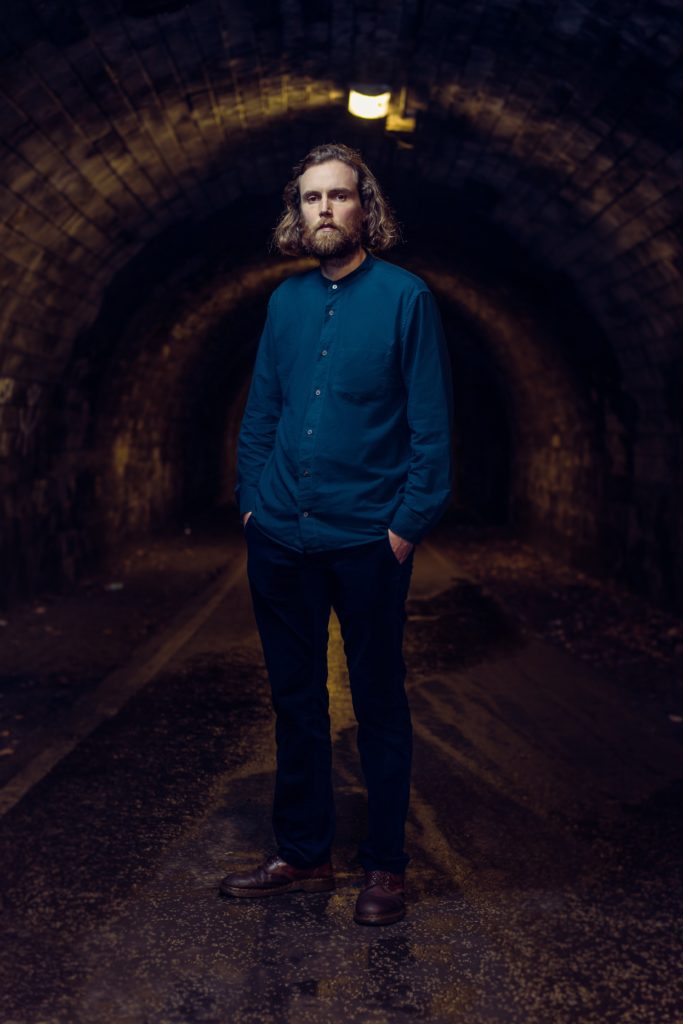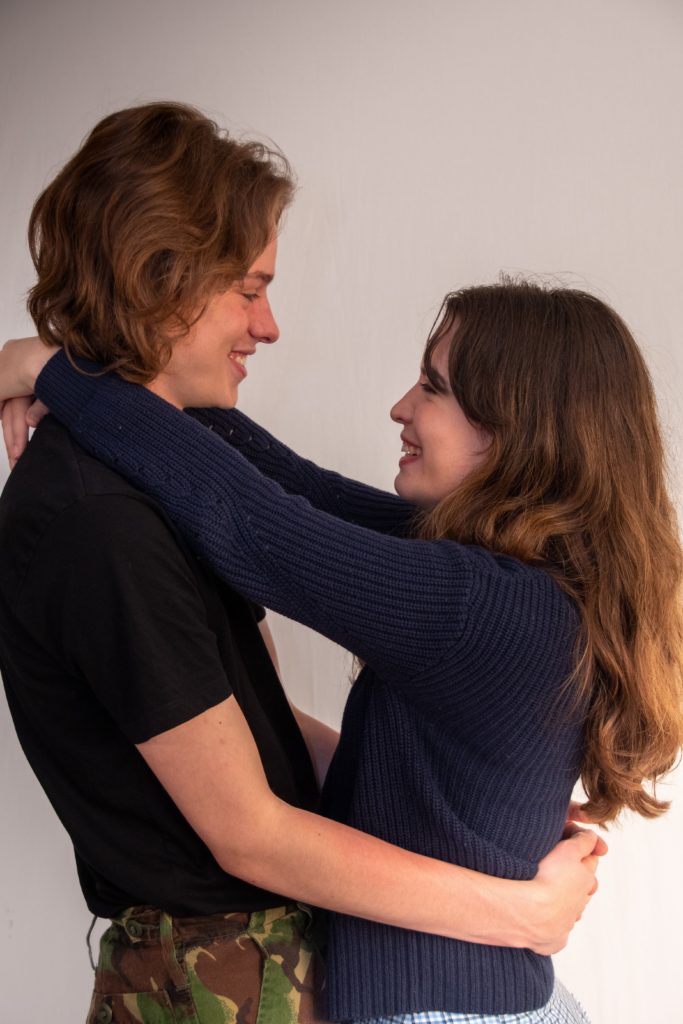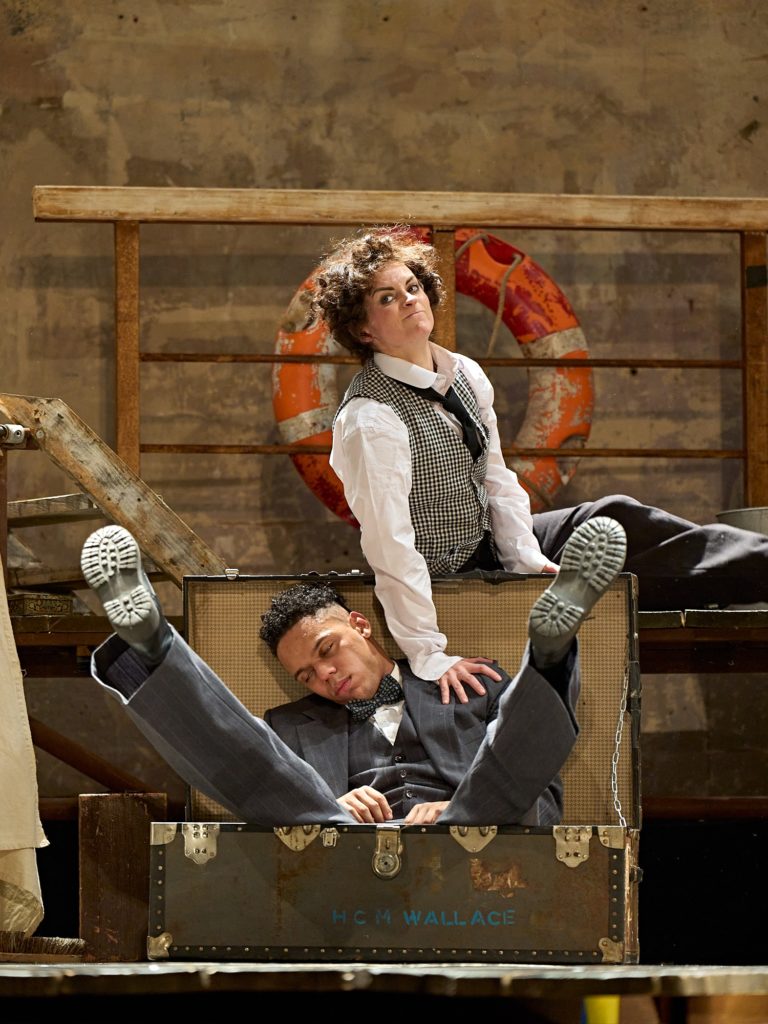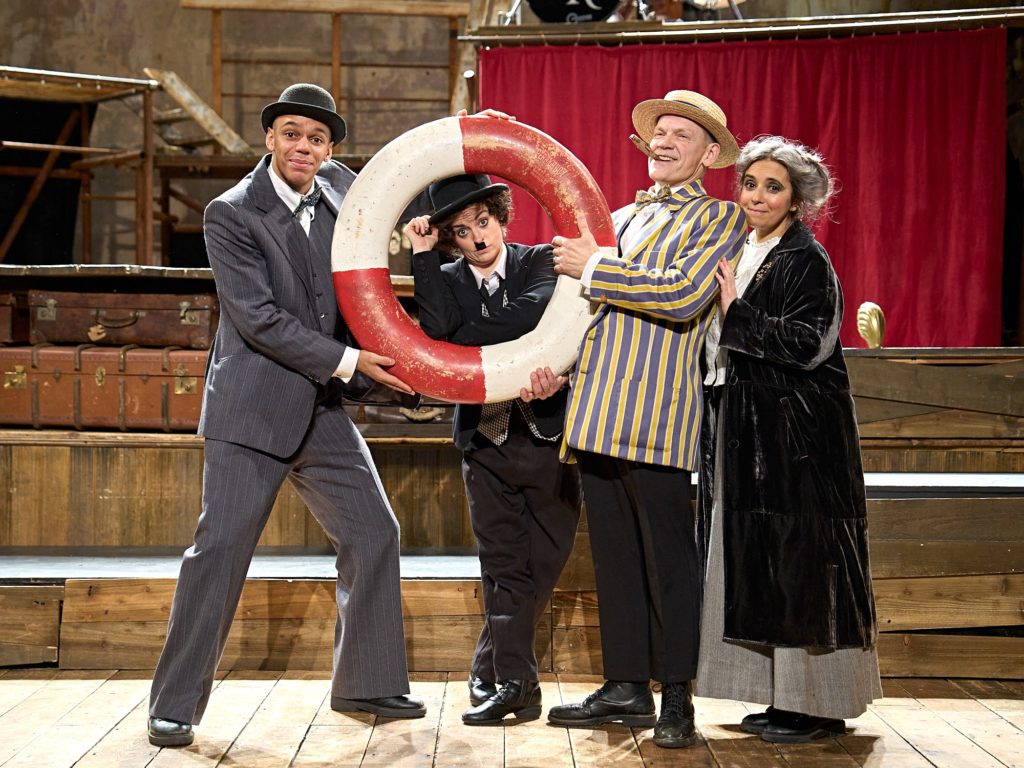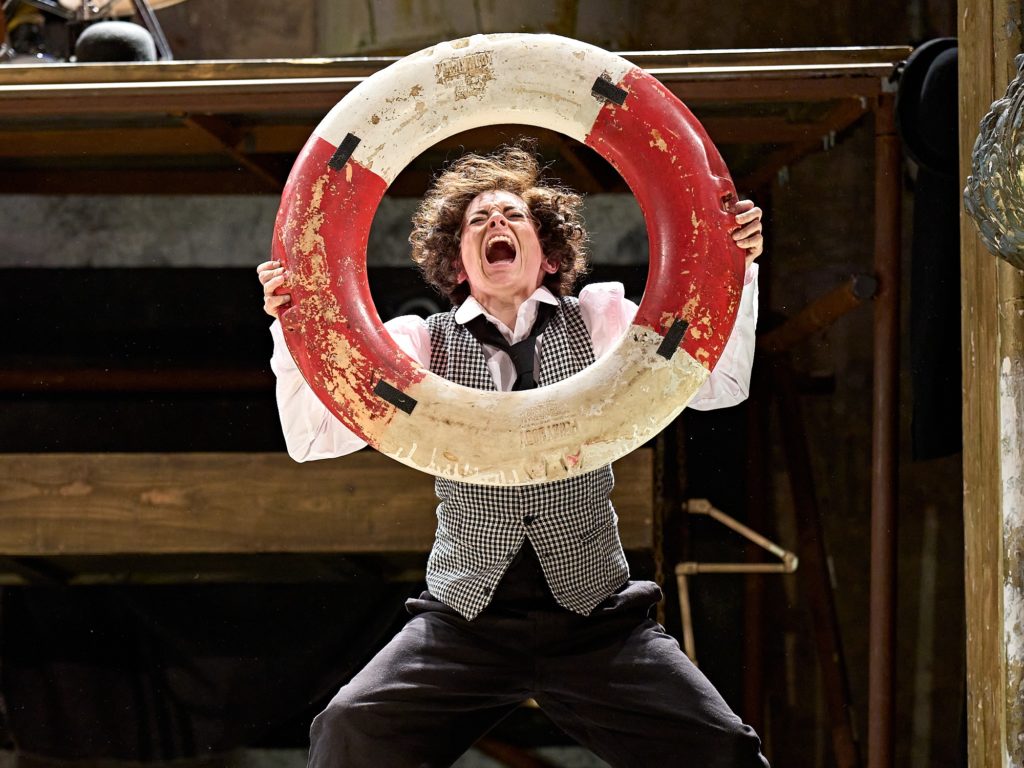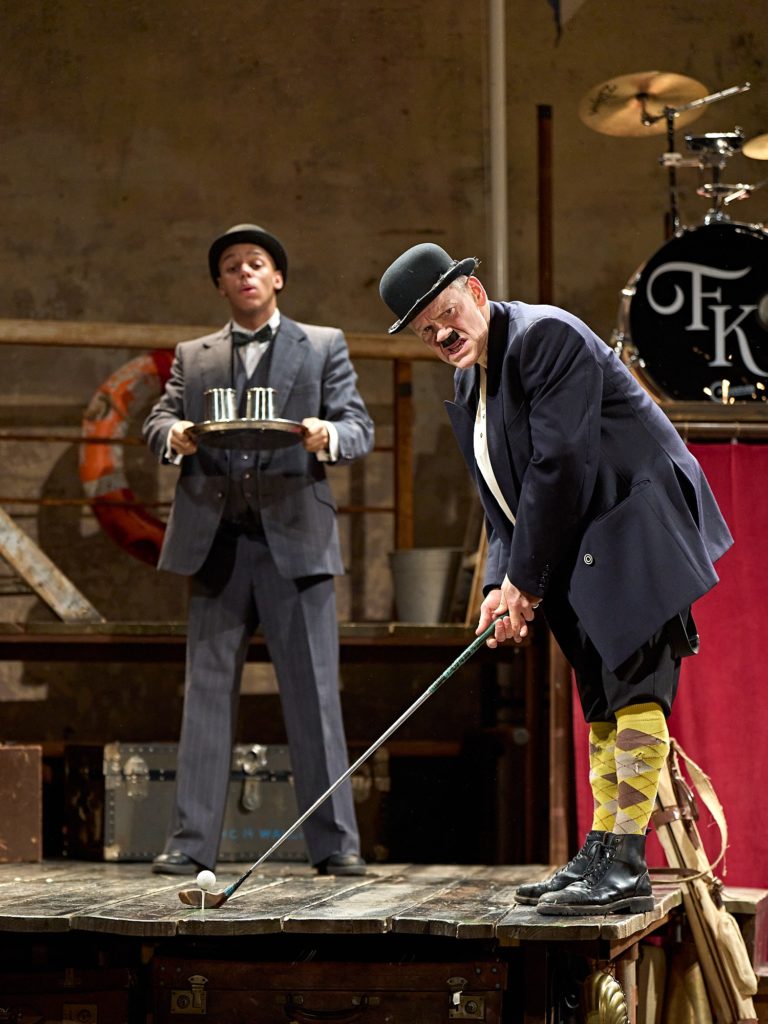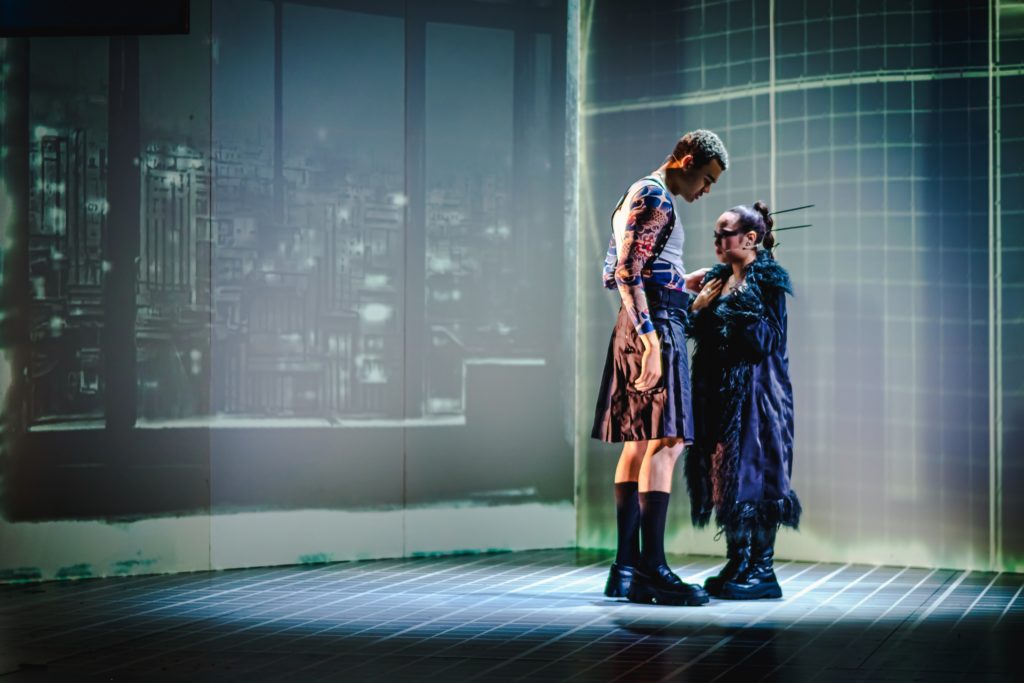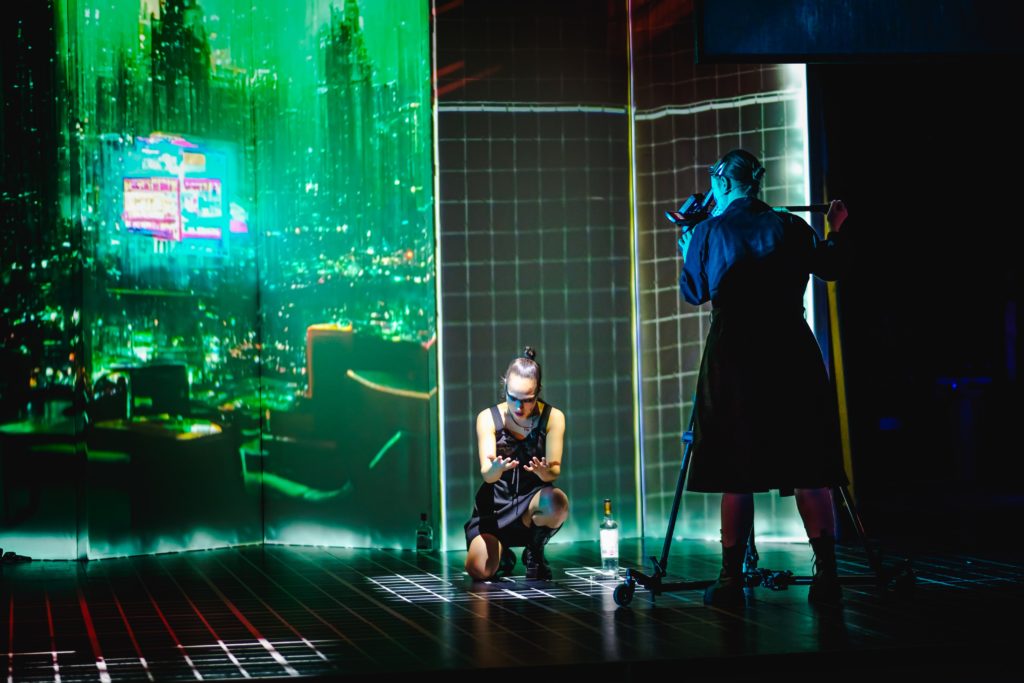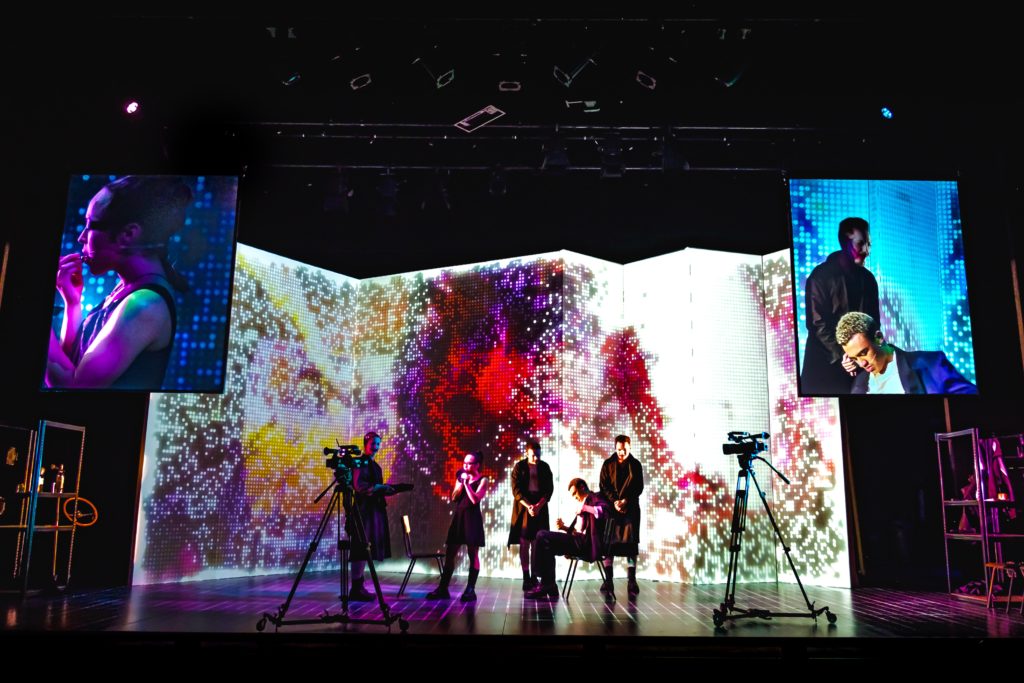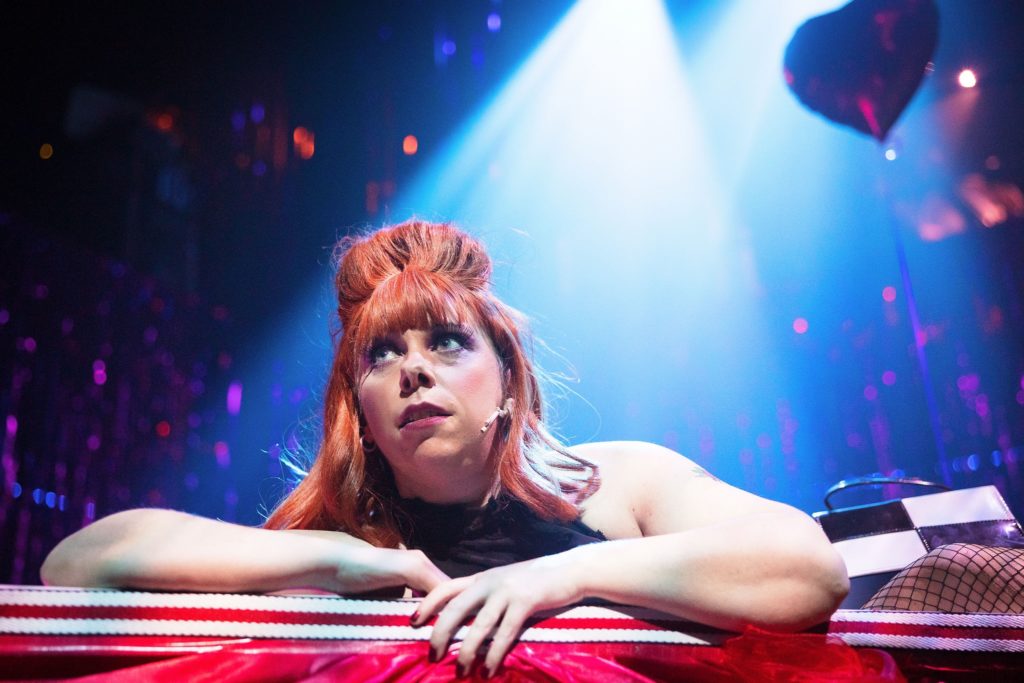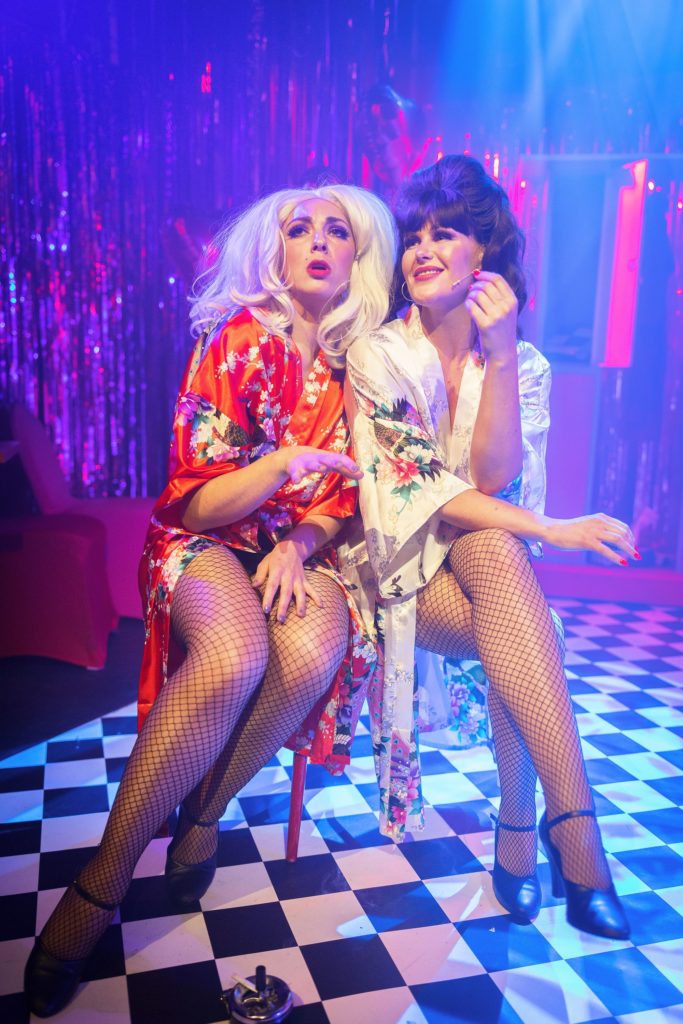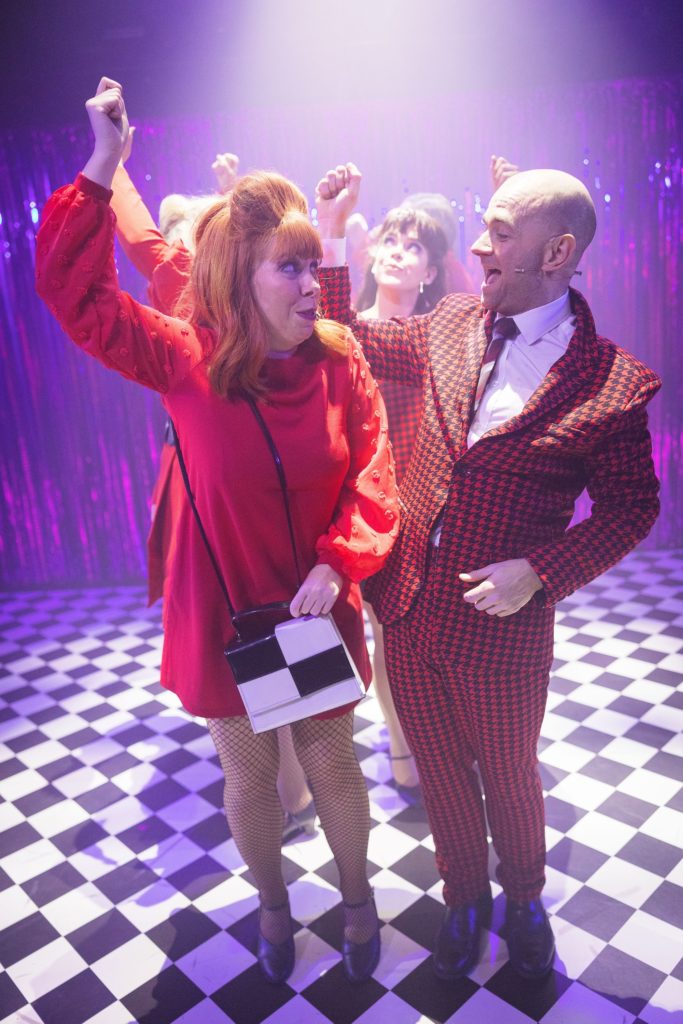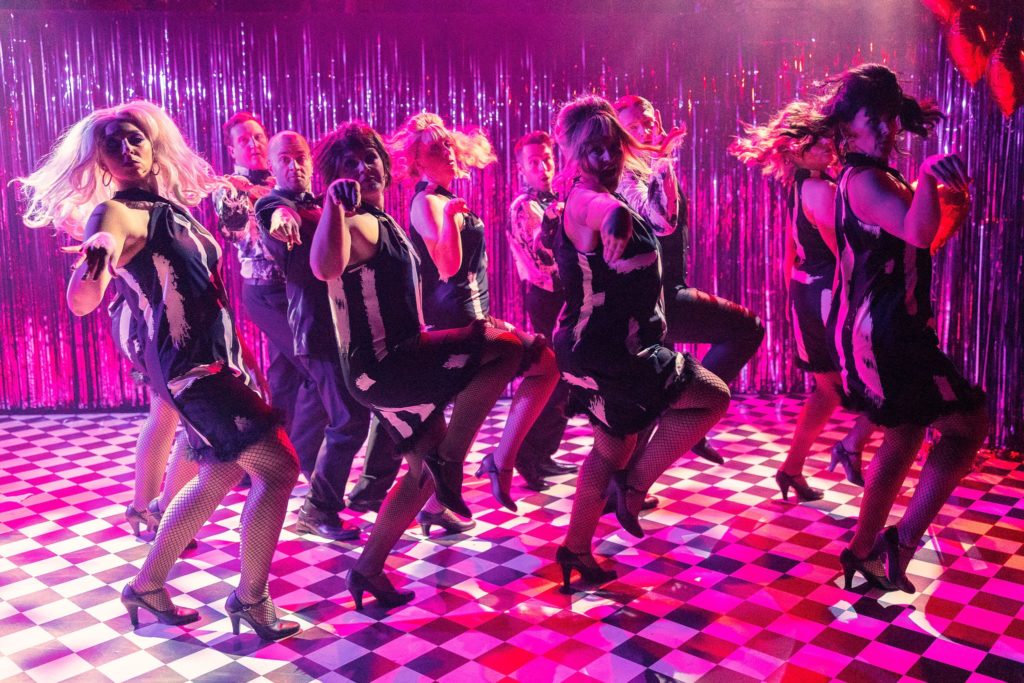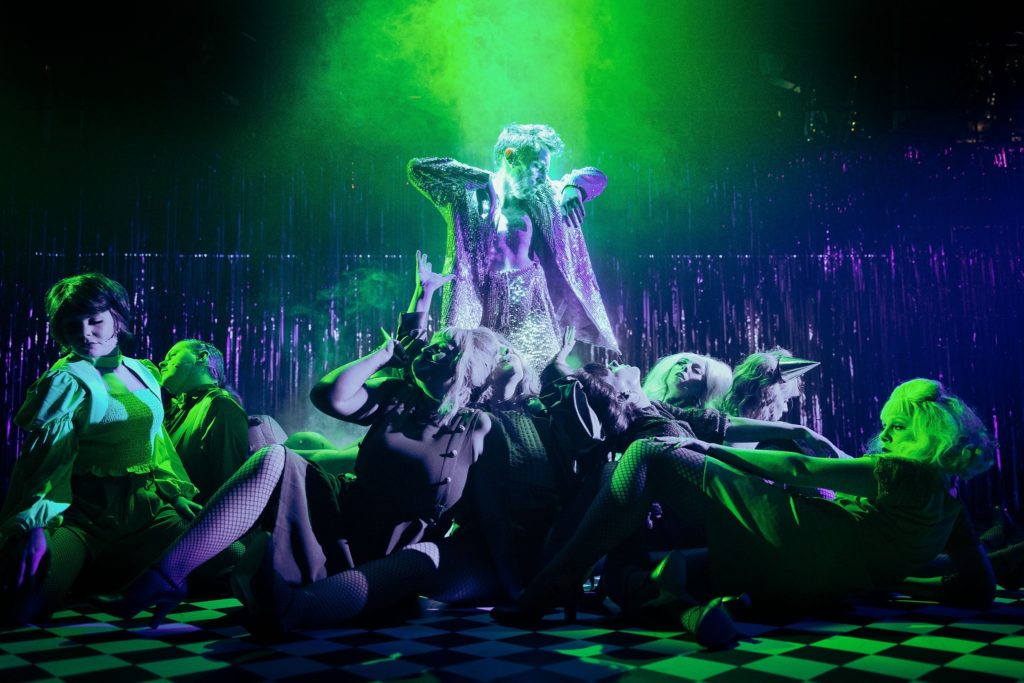
YORK Actors Collective, the like-minded group set up by theatre director, critic and theatre and film studies tutor Angie Millard, will make their debut with Joe Orton’s Entertaining Mr Sloane next month.
Premiered in the West End in 1964, Orton’s controversial farce still has the power to shock almost 50 years later with its story of Kath bringing home a lodger: the amoral and psychopathic Mr Sloane.
Her father recognises him from his past life and challenges Mr Sloane’s honesty, but when her brother Ed arrives, everything turns more complicated. A tense sexual struggle for Mr Sloane ensues as he plays one sibling off against the other while their father is caught in the crossfire.
The roles at Theatre@41, Monkgate, from March 15 to 18 go to Victoria Delaney as Kath, York St John University student Ben Weir as Mr Sloane, Chris Pomfrett as Ed and Mick Liversidge as the father, Dada Kemp.
“Victoria and Chris have been involved with the new group since last summer,” says Angie. “We talked about so many plays, plays that would have audience appeal but also be challenging for the performers.
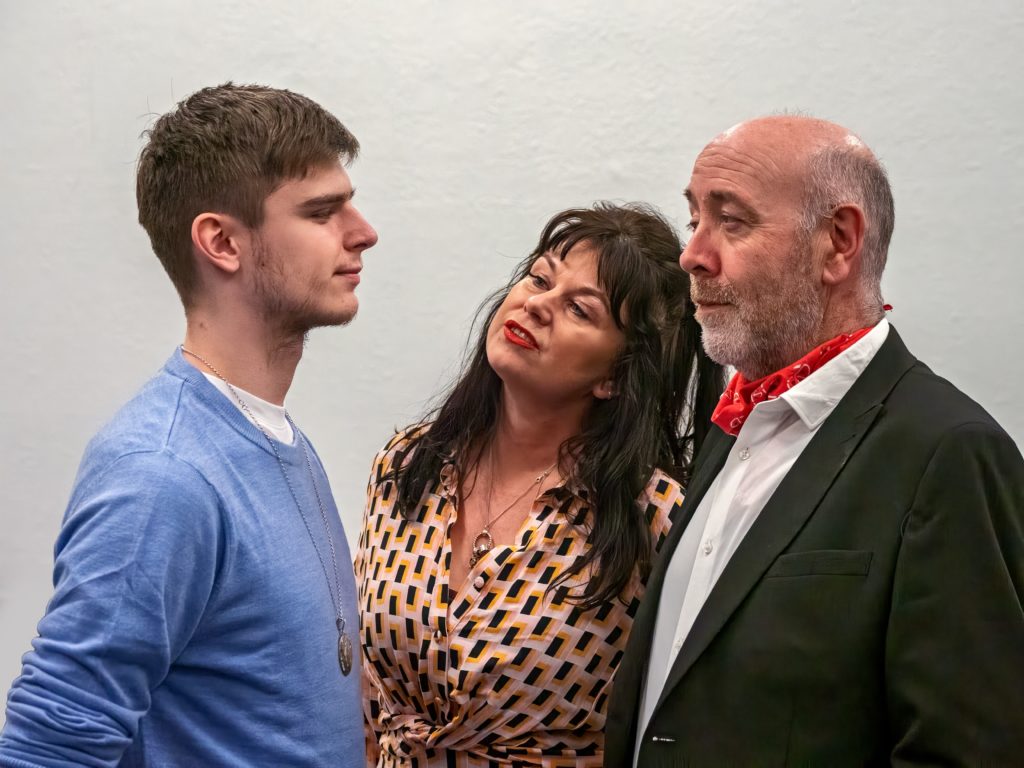
“Entertaining Mr Sloane was one. Joe Orton died too young [aged 34 on August 9 1967], so there aren’t that many plays and they’re not performed that often. I think people are a bit frightened of him, but the thing I love about him is the way he takes a theatrical form and updates it totally to his time, the Sixties. The language is brilliant; the writing is so funny.”
Angie continues: “The other big thing about Orton is that he was writing at a time of censorship, and the innuendo in the play is there to help him get away with things – and he did! He got away with murder! Especially when the censors were looking for homosexuality without recognising it.”
Controversy still surrounds Orton. “I find his treatment of women difficult in his plays, like his treatment of Kath. He makes her grotesque, and finally when she gets her revenge, in a way he had to do that for the shape of the play,” says Angie.
“Left to his own devices, he wouldn’t have done it, but he was such a master of theatrical form, though not of detail. It means I have to work very hard to work out how to get props on and off because he’s forgotten about them.”
Orton’s savagely sharp, confrontational dramas present challenges to director and cast alike. “I like to look at a play and see what you can do with it, and then you make your decisions about it. Orton’s estate are keen that you don’t change words, but rather than Kath having to be naked [as denoted in the play], Victoria is making her look seductive, clothed,” says Angie.

“We’re playing it in the period setting – the 1960s – and there are things like racist references in there, but because Kath takes a non-racist attitude, it works.
“There are lots of times where her brother Ed treats her shabbily too – they have a very unhappy, complex relationship – and you realise he could easily be transported to 2023 and still behave like that in the home.”
Looking back to the Sixties and the prevailing attitudes towards women at the time, Angie says: “I was a young student in London, at college doing drama and then going to university after that, and men treated you in a certain way; they all did, but that was the culture of the time. When I hear women complain now, I understand, but I also think, ‘you should have been there in the Sixties; that behaviour was the norm’.”
From Sheffield originally, Angie and her husband Clive moved to York ten years ago, since when she has played her part in the arts world, whether directing Alan Ayckbourn’s Woman In Mind for York Settlement Community Players or writing reviews for York Calling.
Now, she has formed her own troupe. “I don’t know if any other group would have put on this play, saying ‘it’s too shocking. No-one will come’. But York deserves to be shocked! If you fall shy of that, then you don’t see the theatre you deserve,” she says.

“I’m putting my own money into this project. People have hobbies that they put their money into, and I’m equating what I’m doing with that. I’d like to break even, and if people come along, we shall continue and do another play.”
Should you be wondering why the York Actors Collective is so called, Angie says: “I wanted to call it a ‘cooperative’ but everyone else wanted ‘collective’, and I thought ‘fair enough’! But whatever the name, it’s a passion project that I really wanted to do, where like-minded actors aim to produce entertaining and thought-provoking theatre.
“I don’t think Entertaining Mr Sloane is Orton’s best play. That would be What The Butler Saw, but by not doing this play you would be losing out on what is superb about it: it’s an actor’s play, a character play, where you really get into those characters’ situations.”
And so, the York Actors Collective is born.
York Actors Collective in Entertaining Mr Sloane, Theatre@41, Monkgate, York, March 15 to 18, 7.30pm plus 2.30pm Saturday matinee. Box office: tickets.41monkgate.co.uk.
Did you know?
ENTERTAINING Mr Sloane lead actress Victoria Delaney also will be appearing in York Settlement Community Players’ production of Tom Stoppard’s The Real Thing at York Theatre Royal Studio from April 5 to 15. Box office: 01904 623568 or yorktheatreroyal.co.uk.
Copyright of The Press, York

